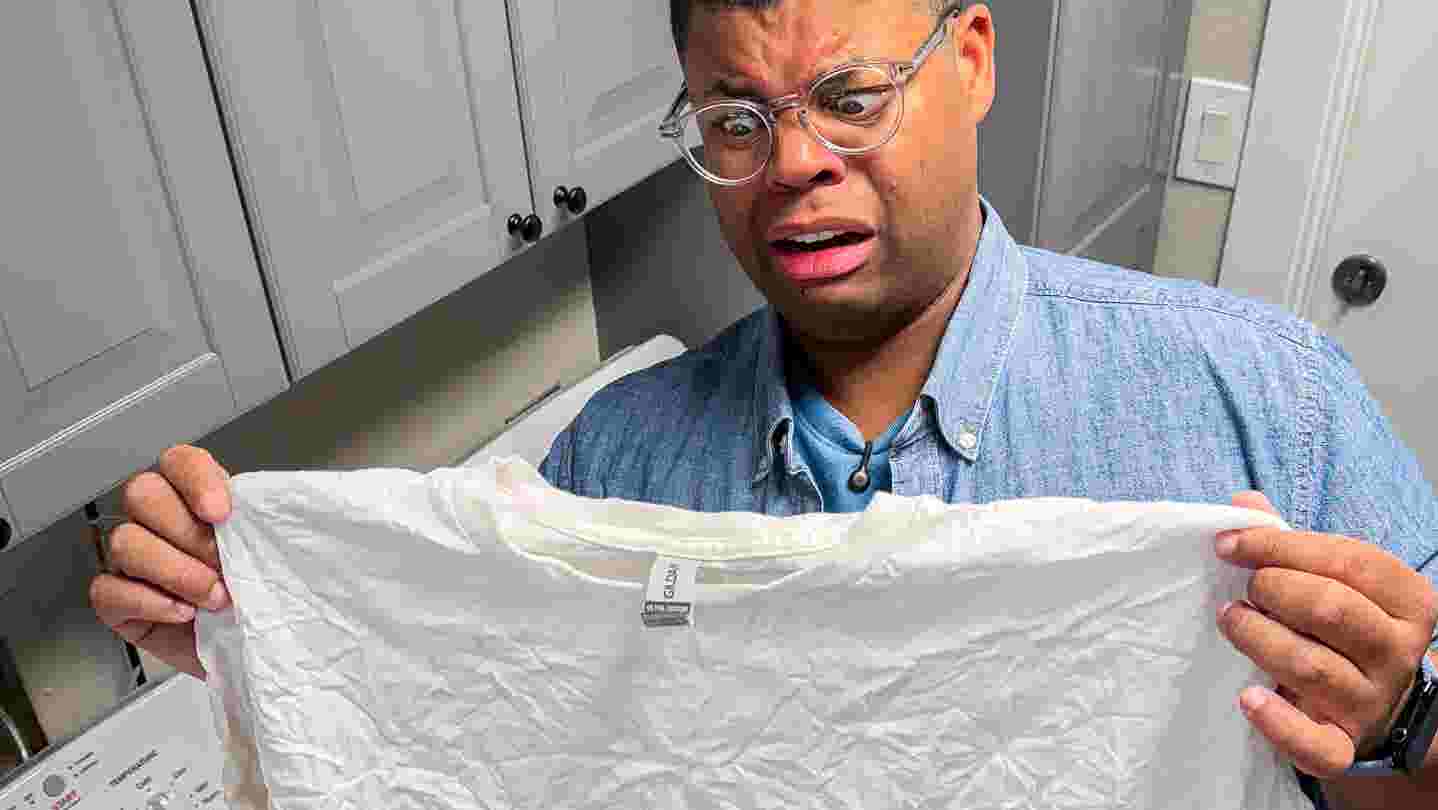When you’re watching your child battle cancer, every advancement matters. We can’t afford to let misinformation and polarized politics dictate the future of lifesaving research.
Cuts to health research could impact clinical studies and trials at the NIH
The Trump administration wants to cut health spending in the coming year, and plans to cut the budget at the National Institutes of Health by $18 billion.
Few issues in American politics have consistently united both parties like the fight against cancer. While funding levels and strategies may differ, Democrats and Republicans alike recognize that cancer doesn’t discriminate – and neither should our commitment to defeat it.
Under the Biden administration, the Cancer Moonshot was relaunched to accelerate progress toward a cure. More recently, President Donald Trump announced his “Stargate” initiative, which aims to harness artificial intelligence in detecting and treating cancer, including through personalized mRNA vaccines.
In the United States, cancer is the leading cause of death by disease for children after infancy. Across the political spectrum, there remains a shared hope: that no one should have to endure the pain of losing a loved one or fight this deadly disease.
Yet today, that consensus is showing signs of strain. State legislatures across the country are advancing bills to ban or severely restrict the use of – and further research into – breakthrough technologies like mRNA, a technology that is driving promising advancements in cancer.
What should be a story of American scientific innovation is being twisted into a political talking point. And it’s putting lives at risk.
My daughter survived cancer twice. Politicians can’t imagine what we went through.
If the politicians pushing these bans spent even a few minutes inside a pediatric oncology unit, maybe they’d understand. They’d see floors filled with sick children on small bicycles, pulling IV poles behind them. Children in hospital beds, brave beyond measure. And parents clinging to hope.
I’ve seen it firsthand. I’m a mother whose 5-year-old daughter has survived cancer – twice.
My daughter Charlie is one of a small percentage of pediatric cancer patients whose tumors don’t show up on standard blood tests. Her cancer went undetected for more than a year. By the time doctors found it, it had already spread to her liver. She was just 3 years old and had Stage 4 cancer.
Once Charlie’s cancer was detected, we rushed into treatment: high-dose chemotherapy, stem cell transplants and multiple surgeries. After months of treatment, we got the news every parent prays for: Charlie was cancer-free.
But just a few months later, scans revealed a relapse. Two small nodules were found on her lung. Her baby brother was only two months old when we learned her cancer had returned.
Relapse treatment was grueling. Charlie lost weight and muscle mass. She needed a feeding tube to stay nourished, hydrated and medicated. But through it all, she never lost her smile. Her strength became ours. And while we juggled caring for a newborn and two other children, we held onto hope, because science gave us a reason to.
Thanks to expert care at Seattle Children’s and research-backed protocols, she’s once again cancer-free.
She started preschool this year. She’s coloring, laughing and chasing her siblings again.
Public funding for research saved my daughter’s life
Every option we had was made possible by decades of public investment in research. Families who came before us joined clinical trials. Lawmakers chose to fund pediatric science and cancer research.
That is the same kind of work mRNA research builds on today.
Researchers are developing an mRNA-based diagnostic test that could catch cancers like hers earlier, when they’re more treatable.
The test uses mRNA from her original tumor to detect any circulating cancer cells through a simple blood draw. Catching a relapse early could be lifesaving. We first learned about this test in 2023, and knowing it’s almost within reach brings us, and families like ours, so much hope. Beyond mRNA-based diagnostic tests, mRNA has also shown early promise as a therapy for cancer patients, enabling personalized treatment that could more effectively target one’s tumor.
That kind of innovation is exactly what’s under threat right now. The role of mRNA technology in oncology has been studied for decades, and yet some lawmakers want to roll this progress back, arguing it is untested and unsafe. This technology, along with many innovations that come from federally supported medical research, is a critical source of hope for families around the world.
When you’re watching your child battle cancer, every advancement matters. I know firsthand how critical it is to catch cancer early and have access to every possible treatment option.
When politicians politicize science – when they ban or restrict it based on misinformation and politics – they aren’t protecting families like mine. They’re limiting our options. They’re slowing down the breakthroughs that could save lives.
We can’t afford to let misinformation and polarized politics dictate the future of lifesaving research. Thanks to innovation in medical research, Charlie is thriving today, but far too many kids are still fighting. Let’s ensure science continues to move forward for all of our children.
Emily Stenson is a childhood cancer advocate and the mother of 5-year-old two-time cancer survivor Charlie Stenson. She lives in Seattle.









